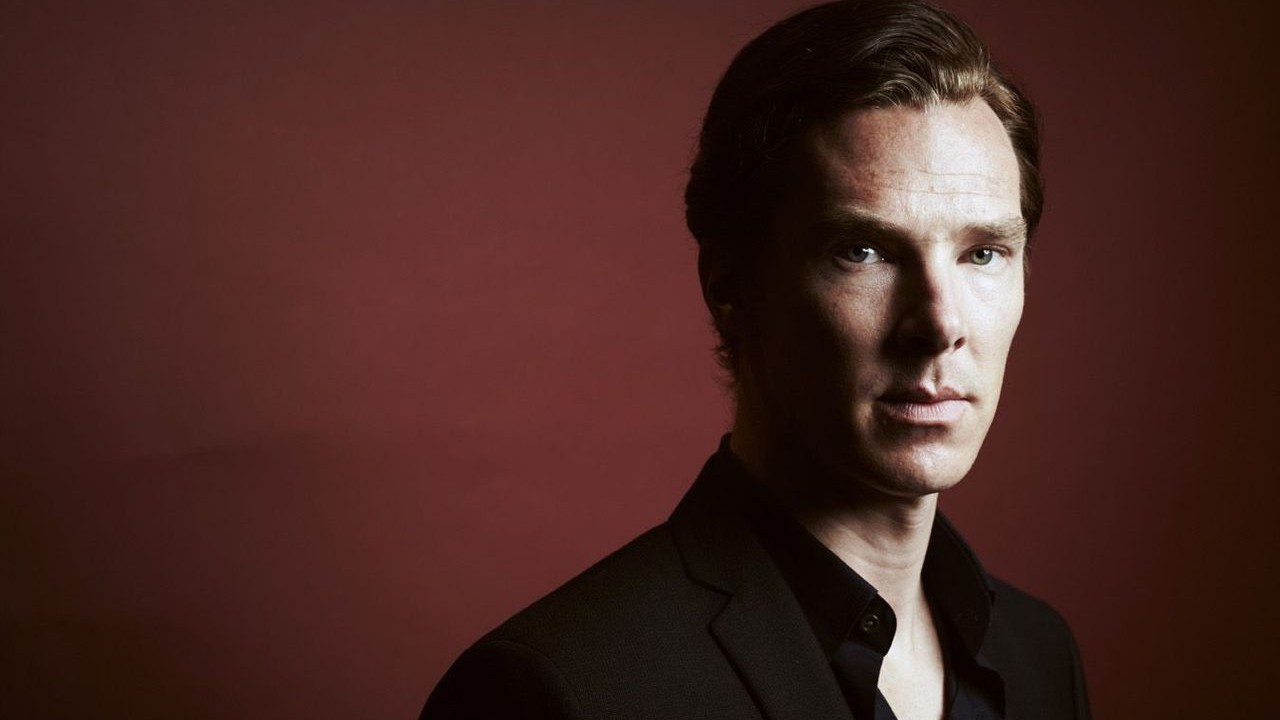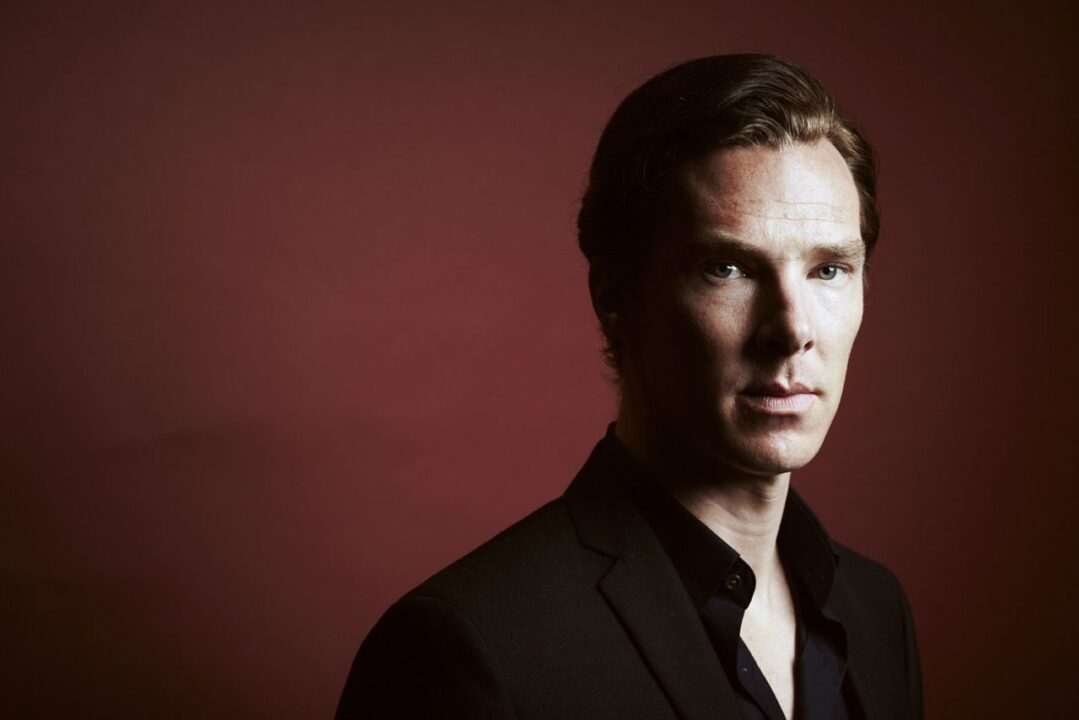*The transcription was provided by DISNEY during the showing at the Toronto International Film Festival 2013*
PRESS: So, Benedict, we heard you were described by Daniel as a real Sherlock. He would see you in the morning, you would sit there and say all of these things you managed to observe that were totally accurate. So you’ve taken the role to heart or the role was just something that was inevitable in your life because you are Sherlock Holmes.
He’s very flattering, but no, I’m a far way off his brilliance.
Okay. And you’ve got so much this fall coming out… Have you had a week off in the past year?
Apparently I had ten days in the summer, but they went by in a bit of a blur. It’s been a very, very busy year, but it’s an embarrassment, the riches. I’m loathe to complain about them, I’m really enjoying it, and you know, as my erstwhile character Sherlock says, you know, a new job is as good as a change, or change is as good as a rest even. I think that’s what he says. He says it in signafore, so you guys can look it up and see how badly I can misquote him, let alone behave like him. But yeah, it’s been an amazing – it is an amazing time at the moment, and I’m really enjoying it.
How did you enjoy the hair in this movie?
I kind of did, I kind of did, and the eyes were a little bit more arduous. I quite liked, I had a kind of skunky badger thing with white run hair my normal sort dark hair on top – I did love the fact that for about six months last year, both in August: Osage and in 12 Years a Slave, I had my own color hair, which is great. But I really, I quite enjoyed it, I quite enjoyed putting the wigs on.
Does it take you there, like when you put on [the wig]?
It does a bit. Yeah, of course it does. I think the first time I put it on, and I kind of came into the room, people were like “Oh, wow!” And that’s a great thrill when you think, okay, well, something’s working. I mean, I think he’s got softer features, and I mean, I think I’m a little more angular, which sometimes makes me look a little weird and creepy with some of the wigs, and that’s not the intention at all. I just think that’s just the way I look and that’s not, you know, we weren’t trying to do that, but that’s just the different bone structure. I’ve got a longer face, he’s got a rounder face, so you know, it was a challenge. The harder thing was the contact lenses because I’ve never worn them before. They’re brilliant at it now –
What color are your eyes?
It’s just when you get to – brown eyes? No, blue. Well, I’ve got light aquamarine, greeny kind of things. It changes, whatever kind of light, I guess, is stronger, or color is stronger. But mine are lighter, that’s the thing, much, much lighter than his, and in certain lights his are just this really deep, rich kind of blue, and in other lights, they’re kind of slatey gray or dark, and so I wanted to kind of tone down my eyes a little bit, so that, as well as the teeth here, as well, I had a new set of kind of prosthetic teeth and a slightly bigger lip here to kind of push that forwards ‘cause I’ve got a very big bottom lip and it’s just we have a slightly different structure to our faces, so I wanted to try and experiment with that a little bit.
[INDISCERNABLE]
But that with the accent and the dialect, and also you know, the slight lisp as well, the hard ridge lisp, so it’s not a frontal, it’s like a shh, so it’s like that, you know. That was a huge change, I had a fantastic dialect coach called Sarah Shephard that helped me with that.
Did you talk to Bill about making Julian Assange somebody that the audience, if they couldn’t quite identify with him, they wouldn’t hate him?
It was important to me to portray him as a three-dimensional human being and not get into a slagging match about whether he was good or bad. I wanted to portray human characteristics about a man at the forefront of an incredible media revolution, with incredible ideas, whose controversy was born out of that primarily and not get bogged down in character assassinations which is so easy to come by, because people want a headline, they want to grab something and run with a two-dimensional story. And I like the way the film tackles that and I like the way that Julian talks about his appraisal in The New York Times as getting equal bidding for the state of his socks, as for collateral murder, kind of highlights that idiocy. So it was important to me to portray him in a balanced way.
I read that you communicated with Julian and at one point he attempted to dissuade you from doing the project. Can you describe your communications with him and what ways those informed you?
I tried to justify my reasons for doing the project and that was where that ended.
How do you see Julian’s relationship with Daniel? I mean, is it kind of like a master/slave thing?
I think it’s really complicated and it’s really for those two to disseminate it, not me as an actor outside of it. I think, you know, but in a moment of drama, you have empathy for your character, so I see his perspective as strongly as I can as now as an audience see both perspectives. It’s a very complex relationship, and two very complex characters. Daniel is no stooge, you know, he’s not this follower, he’s a smart guy, he’s an activist, he’s incredibly, you know, pragmatic. He’s not just a sort of blind acolyte. I think Julian has a magnetic hold over people and I think he’s an incredible spokesperson for an extraordinary idea that was borne out of his realization of it. And you know, he has very complex relationships with people because of that.
What was it like working with Meryl [Streep in your upcoming film August: Osage County]?
Well, because you know, I was about to – what was I about to do? Assange, I think it was, I think Julian was the next project. So I said, you know, where do you start with – ‘cause obviously with Julian, I’m not Australian, I don’t have the same speech pattern as him, other physical attributes and differences, his withholding himself, his gestures, all that sort of thing. So I kind of said to her, ‘cause she was just doing this incredible delivery, she was playing someone with esophageal cancer, it was high on drugs, downers, it was getting drunk at her husband’s wake, it was turning vulnerable into attack into lost into knowing into sexy, vampy. The gear shifts were sublime. And I just wondered how she was playing this orchestra of a performance, you know, and I said, well, chicken and egg, cart and horse, what gives? And she went, “I don’t know. I don’t really, I mean, with this it was different, I mean, all of it came at once. How about you?” Oh, thank fuck for that, ‘cause I don’t have a method, I wasn’t schooled in a method necessarily. I mean, I’ve got tools that I carry around very gratefully from my time at drama school and also what I’ve learned by working with people like Meryl and great directors like Bill and Danny Boyle and Tomas Alfredson and Richard Daystrom, I been so spoiled with the roster of talent I’ve worked with. So and like we both agreed, if you have one way of approaching it, it kind of limits what you do and also what other people can do with you, so it was reassuring, it was really reassuring. It’s a really nice moment.
Morgan Rojas
Certified fresh. For disclosure purposes, Morgan currently runs PR at PRETTYBIRD and Ventureland.



